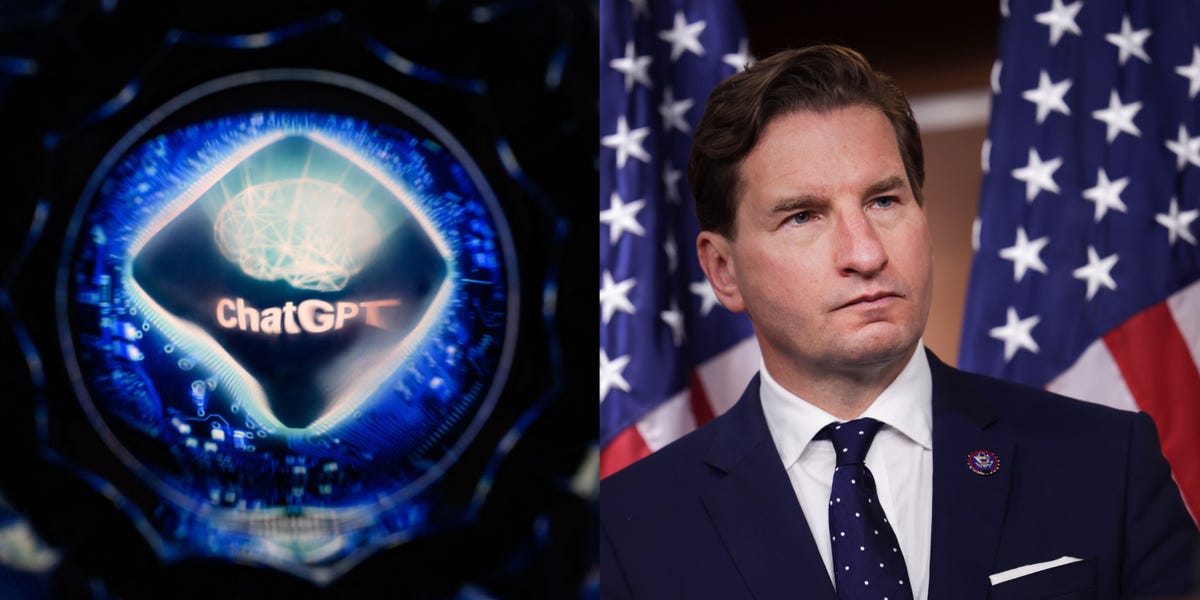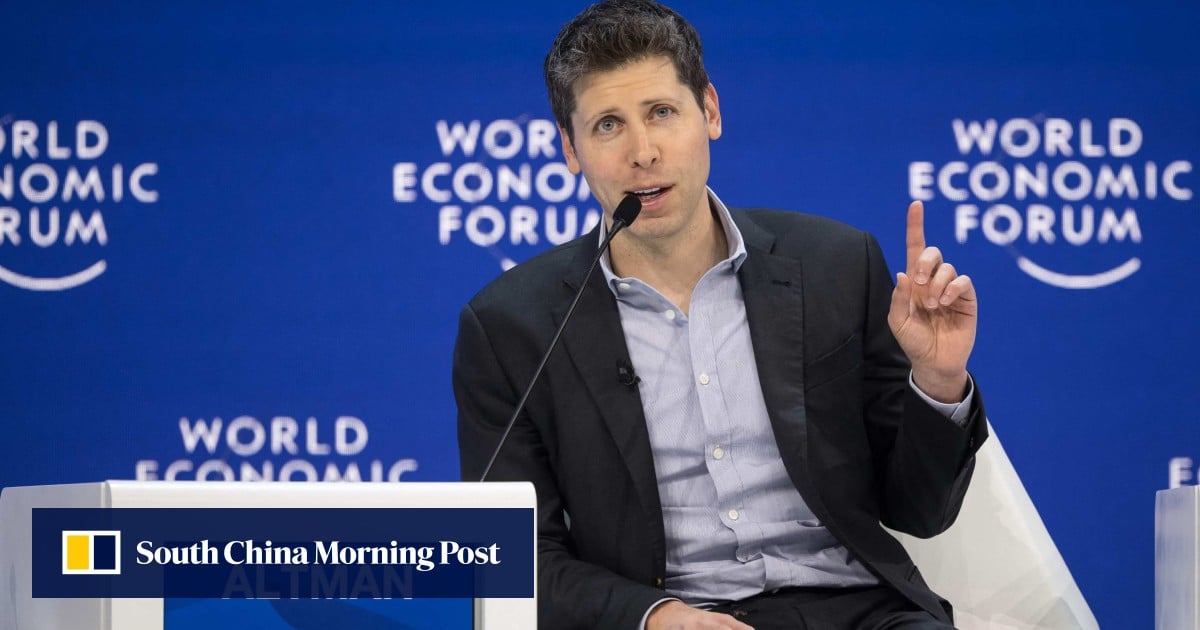Late on Friday night, OpenAI suspended a developer for launching Dean.Bot, a ChatGPT-powered chatbot designed to bolster Minnesota Rep. Dean Phillips’ 2024 presidential bid. The suspension came after the developer breached new regulations prohibiting lobbyists and candidates from leveraging ChatGPT for political purposes, as per The Washington Post.
Dean.Bot engaged in real-time conversations with constituents, emulating the underdog Democratic presidential contender and utilizing an AI-generated rendition of Phillips’ voice to address user inquiries. The chatbot even tackled topics such as why Democrats should reconsider endorsing incumbent President Joe Biden in the upcoming 2024 election.
According to WaPo, Dean.Bot responded in a slightly off-kilter AI-generated voice resembling Phillips’, stating, “While I hold President Biden in high regard, feedback and interactions with individuals nationwide underscore a strong appetite for change.”
Phillips, with a background in business, managed his family’s distillery from 2000 to 2012 before transitioning to oversee Talenti, the renowned gelato company in which he had invested until its sale in 2014. Serving as Minnesota’s representative since 2019, Phillips initiated his campaign to challenge Biden in October last year. Nevertheless, his polling figures have not positioned him as a substantial threat to Biden.
The development of Dean.Bot received financial backing from the Super PAC We Deserve Better, which then collaborated with AI developer Delphi to construct the chatbot. Delphi faced account suspension for violating the political guidelines shortly after WaPo’s coverage of Dean.Bot, published just a day prior.
OpenAI recently introduced regulations barring developers from utilizing its ChatGPT technology for political campaigns or lobbying efforts, emphasizing the need to evaluate the platform’s efficacy in personalized persuasion.
Both OpenAI and Phillips’ 2024 presidential campaign have yet to respond to inquiries from Business Insider.
Despite the stringent regulations imposed by OpenAI, the emergence of AI-driven creations during this election cycle seems inevitable.
In response to the proliferation of AI-generated content, including deepfakes and deceptive audio, The Hill disclosed that Google and Meta have implemented policies mandating politicians and lobbyists to disclose generative AI-produced content in campaign-related materials.
Furthermore, lawmakers like Sen. Amy Klobuchar and Sen. Susan Collins have proposed legislative initiatives to regulate AI utilization in advertisements.
As the election season unfolds, vigilance against AI-generated content remains paramount until these regulatory measures materialize, if they do at all.






